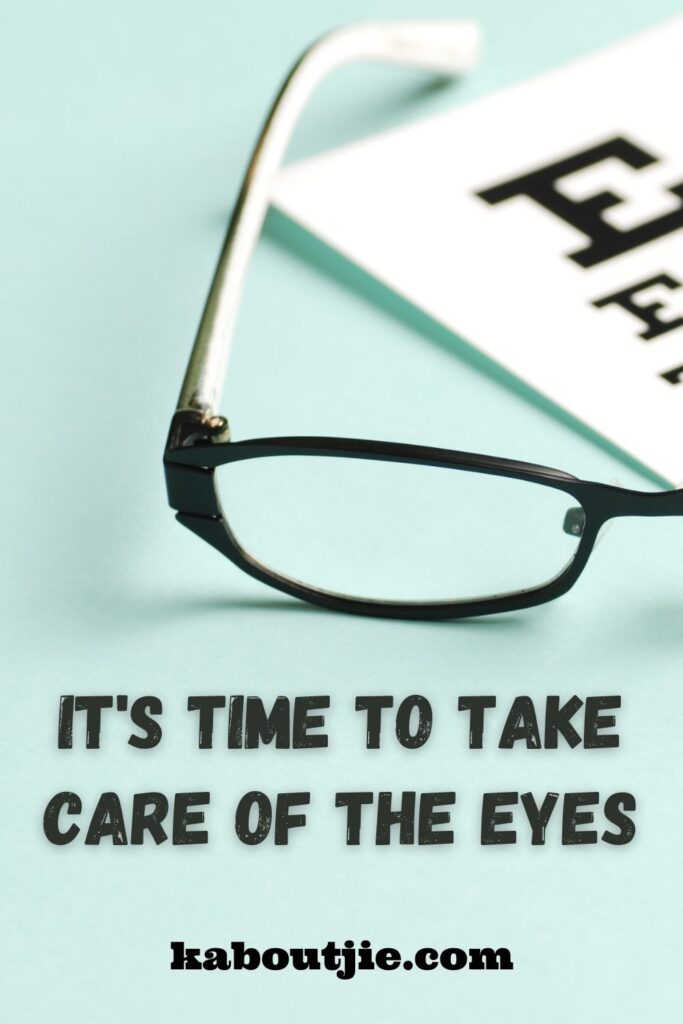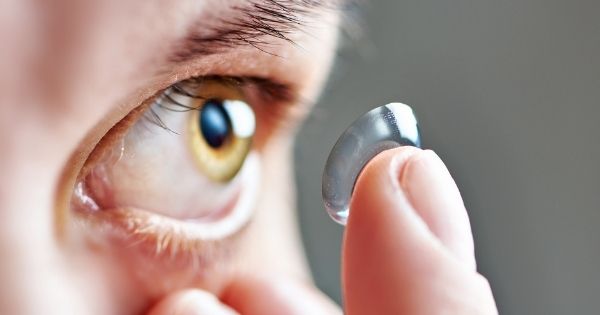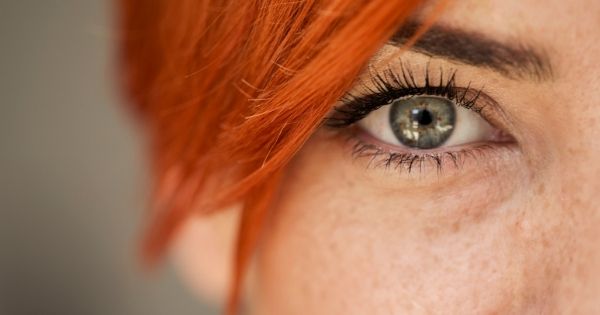Human nature often means one does not realize the importance of a blessing until it’s gone. The gift of eyesight is one of the greatest gifts bestowed upon us humans, yet we often neglect it. Why is that so? Often, humans remove gratitude from the fundamental equation of life.

Importance of eyesight
Everything that you see in this world will not be possible without eyes. Sight serves as a bridge between reality and imagination. If you have never experienced reality, your imagination is null. It is a sensory experience; the objects reflect light into your eye, which signals your brain to convert it into an image. It allows you to resonate with your surroundings and perceive it.
The function of an eye
The eye allows you to visualize the environment and understand it. It consists of the sclera, cornea, iris, lens, and retina; all of these parts work together to produce an image. If one gets damaged, the process of visualization may face some hindrance.
When you open your eyes, the cornea allows the light to pass through it and reach the pupil; there, the iris determines the amount of light to be passed through the pupil. The pupil’s light goes to the lens, centred on the retina by the cornea and the lens. The retina contains photoreceptors that convert the light into an electrical signal carried to the brain and converts it into an image.
What causes damage to the eye?
The optic nerve plays a significant role in transferring the signals from the eye to the brain. Without it, the process of image formation can be completely lost or altered. The damage is evident as it may result in loss of vision, pain in the eyes and, or compromised peripheral vision.
Several disorders affect the optic nerve, such as:
Glaucoma: In the case of fluid buildup in the anterior part of the eye, a pressure buildup causes damage to the optic nerve. Diagnosis in the early stage of the disease is crucial as it may result in loss of vision.
Optic Neuritis: The optic nerve’s inflammation can be due to an infection or a particular nerve disease. It may result in temporary loss of vision, but it is curable.
Optic nerve atrophy: The optic nerve is severely damaged due to decreased blood supply, loss of oxygen or trauma. This disorder affects the sight significantly and is not treatable as any damage to the optic nerve cannot be reversed.
These are some of the several disorders associated with the optic nerve.

Other disorders of the eye
Strabismus: In this disorder, the eyes are unable to align correctly with one another. Consequently, it is impossible to focus on a single subject. The cause is unknown.
Conjunctivitis: It is characterized by the redness of the eye. In this, the tissue is inflamed, which may be due to an infection or exposure to irritant substances.
Myopia: It is one of the most common eye disorders in which the person cannot focus properly on objects at a considerable distance. Another name for this disorder is nearsightedness.
Hyperopia: It is the opposite of myopia, where the person is unable to focus properly on objects that are nearby but has no difficulty in visualizing things far away.
Ways To Keep Eyes Healthy
Taking care of eyes is crucial as it helps minimize the risk of various eye diseases and disorders.
- Take your vitamins
Vitamins are crucial as they play a significant role in maintaining eye health. Research studies have proven that deficiency of particular vitamins can result in diseases such as Vitamin A deficiency often results in xeropthalmia. Going to the pharmacy every month may seem like a chore, but there’s a solution to it; subscribe to a 90 day Meds program at an online pharmacy and enjoy a handful supply of vitamins that will help your eyes in good health.
- Reduce screen-time
Technology has taken over the world, and there’s not much that can be done about it. The majority of the day is spent fixated in front of a technology device that emits rays hazardous for the eyes and causes digital eye strain. Numerous studies have proven that certain eye disorders and blue rays are directly linked to each other; these rays increase macular degeneration chances as they are dangerous for the retina. Similarly, the risk of dry eyes and myopia is also increased.

- Take proper care of contact lenses
According to research, many people do not take proper care of their contact lenses; our hands are a hub of several different kinds of bacteria. Not washing hands before the application of lenses can enhance the risk of infection. Furthermore, experts strongly advise not to sleep in contact lenses at any cost and never wash them with water. Therefore, if you are fond of wearing contact lenses but do not take any preventive measures, start right now.
- Eat a balanced diet
Our eyes are greatly influenced by our diet, just like the rest of the organs. Eating a healthy and balanced diet can help improve vision while simultaneously minimizing the chances of diseases. Try to incorporate vegetables and fruits rich in nutrition into the diet. Studies suggest eating food rich in omega-3 fatty acids as they are highly beneficial for the eyes.
- Visit an ophthalmologist frequently
Frequent eye checkups are a must if your family has a history of particular eye diseases. Furthermore, when any deterioration in the vision or when a disorder is detected early, treatment can be started as soon as possible. It is beneficial in the long term.
Conclusion
Eyes are a blessing, and it is important to take care of them just like it is important to take care of all the organs. People talk all day long about how important it is to stay healthy to keep the heart, liver, gut, kidneys healthy, but very often not enough attention is paid to the eyes. It’s time to focus on eyes as the disorders related to them are uncomfortable and exceedingly dangerous.
 Kaboutjie SA Mommy Blogs by Lynne Huysamen
Kaboutjie SA Mommy Blogs by Lynne Huysamen




